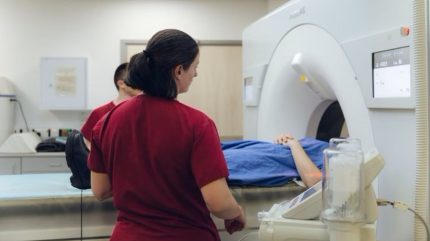
The UK National Institute for Health and Care Excellence (NICE) has issued final guidance endorsing Boehringer Ingelheim’s tenecteplase, marketed as Metalyse, as a treatment option for adult patients suffering from acute ischaemic stroke for National Health Service (NHS) use.
This recommendation is poised to generate significant savings for the NHS due to the cost-effectiveness of the product compared to alteplase, another thrombolytic treatment.

Discover B2B Marketing That Performs
Combine business intelligence and editorial excellence to reach engaged professionals across 36 leading media platforms.
Clinical trials have demonstrated that tenecteplase is as effective as alteplase in dissolving blood clots and averting the formation of new ones following an acute ischaemic stroke.
The cost advantage of tenecteplase could lead to substantial financial benefits for the NHS.
Administered within four and a half hours of the onset of stroke symptoms, tenecteplase activates plasmin production, an enzyme crucial for clot breakdown. This process is vital for re-establishing blood flow through arteries blocked by clots.
Delivered intravenously, the asset received licensing in the UK for ischaemic stroke treatment in April 2024.

US Tariffs are shifting - will you react or anticipate?
Don’t let policy changes catch you off guard. Stay proactive with real-time data and expert analysis.
By GlobalDataIschaemic strokes, representing 85% of all stroke cases, occur when a clot interrupts the brain’s blood supply. This deprivation of oxygen damages or kills brain cells, resulting in stroke symptoms.
In England, 100,000 individuals are hospitalised due to stroke each year, with the vast majority experiencing an ischaemic stroke.
One million people in the country live with the consequences of stroke.
NICE medicines evaluation director Helen Knight stated: “We know that stroke is one of the biggest killers and causes of disability, therefore it is important that patients receive treatments that can help to reduce the effects of a stroke as quickly as possible.
“The guidance means that not only will people who have had an ischaemic stroke be able to access a new treatment option, but the NHS could save £millions by switching to it, making it a very effective use of taxpayers’ money.”




